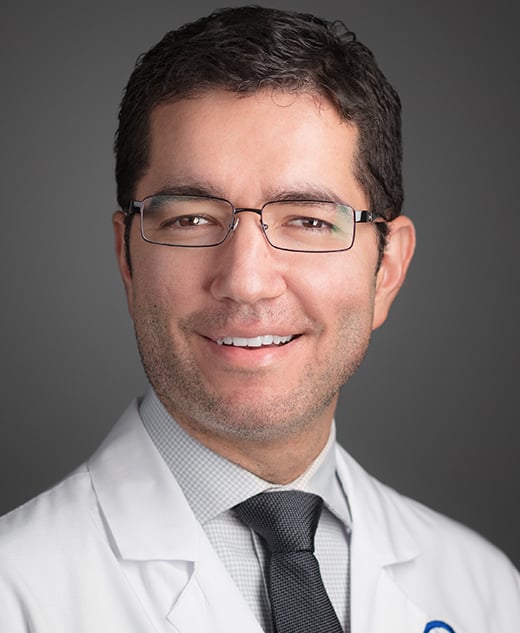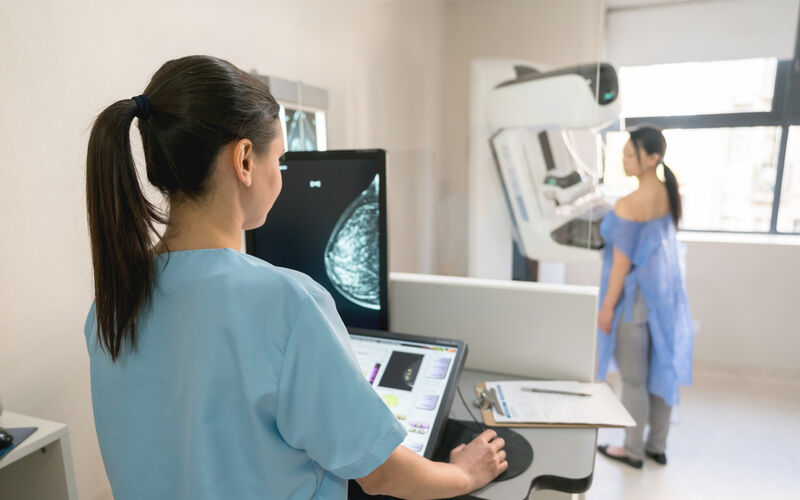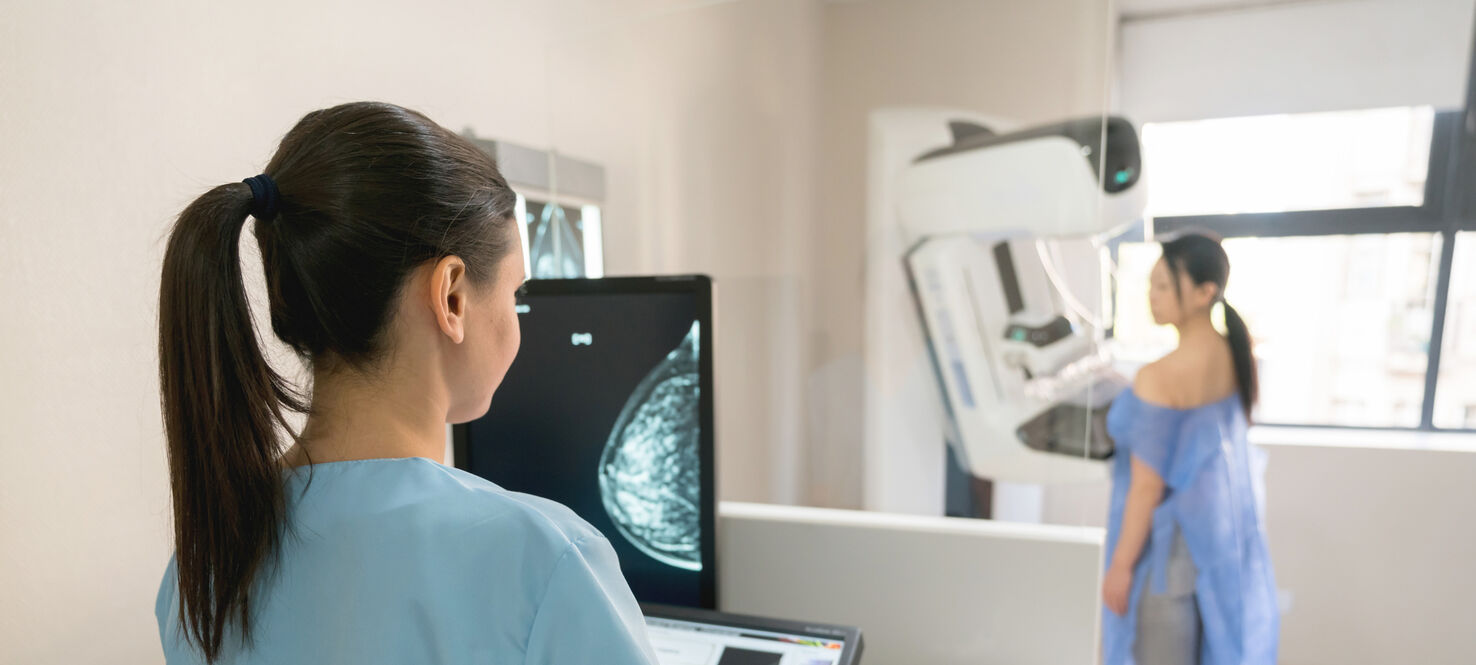Are Personalized Vaccines the Future of Triple-Negative Breast Cancer Treatment?
Triple-negative breast cancer is an aggressive form of breast cancer that does not have estrogen receptors, progesterone receptors or overexpression of the HER2 protein. This makes hormone therapy and medicines that target HER2 protein receptors ineffective treatment options.
Standard treatment options for women with stage 2 and 3 triple-negative breast cancer include chemotherapy and immunotherapy prior to surgery. About two-thirds of patients have a complete response, but one-third still have residual cancer at the time of surgery, leaving them at increased risk for disease recurrence.
Breast oncologists and researchers at Moffitt Cancer Center are investigating if a dendritic cell vaccine can offer a better treatment option for women with early stage, high-risk triple-negative breast cancer or be used as a way to decrease, or possibly eliminate, chemotherapy.
Dendritic cells are a special type of immune cell that boosts immune responses by highlighting disease-causing bacteria, viruses and malignant cells for the immune system to attack. They can be harvested from a patient’s blood and used to create a personalized vaccine.
A pilot study, led by breast medical oncologist Hatem Soliman, MD, is investigating the use of the dendritic cell vaccine in women who still have residual disease after initial treatment. A sample of the residual tumor removed during surgery is sent to the lab for genomic sequencing, which can detect mutated proteins exclusively present in the tumor cells that are not eliminated by preoperative chemotherapy.
“This is unique to each patient and will vary from patient to patient since we are sequencing each individual’s tumor. Some may share some common mutations, but it’s likely each will have their own private mutations unique to their tumor. This is what makes it so personalized,” Soliman said.

The lab selects up to 10 different proteins to target and mixes them with dendritic cells collected from the patient’s blood to create the vaccine.
“We inject it into their body as part of this mop-up strategy to activate the immune system to hunt down the residual cancer cells that harbor these targets,” Soliman said. “We are injecting it into the lymph nodes to get a systemic activation. They will circle around and hunt for the tumor cells outside of the breast. By eliminating these cells, we hope to prevent breast cancer recurrences and increase cure rates.”
Patients receive three vaccines every other week, followed by booster shots at six and 12 months. Patient’s blood will be analyzed in the lab during the course of the vaccines to track the immune response to the different targets.
The goal is to scale up the pilot study in the future to offer the treatment to more women.

Ricardo Costa, MD
A second trial, called the Decipher trial and led by breast oncologist Ricardo Costa, MD, is investigating if low or ultralow levels of HER2 or HER3 proteins in triple-negative breast cancer can be leveraged to create an immune reaction that enhances responses to preoperative chemotherapy.
Costa says while triple-negative breast cancers don’t overexpress HER2 or HER3, some still have a small amount present that could potentially be targeted.
In his study, half of the patient’s dendritic cells are mixed with the HER2 protein, and the other half is mixed with the HER3 protein to create two different vaccines. They receive two vaccines a week injected directly into the breast tumor — a HER2 and HER3 vaccine — for two weeks. That is followed by standard treatment of chemotherapy and immunotherapy and two more weeks of injections. Some patients may then go on to have surgery.
“This is cutting-edge from two standpoints. It has the possibility of activating the immune system globally to allow for a more protected response against cancer and leading to greater chances of cure. Second, this is relatively new for triple-negative breast cancer, which is defined as having an absence of a target. But we are beginning to see this is not necessarily true.”
Data proving the treatment regimen was safe was presented at the 2024 San Antonio Breast Cancer Symposium, and further data on patient response is still being collected.
“One possible benefit of the vaccine could be decreasing or eliminating part of the chemotherapy program for these patients,” Costa said. “We’re seeing some signs of early efficacy, so we see this program as a platform to both improve the probability of the elimination of the cancer in the breast, but also to spare patients from chemo-associated side effects.”




